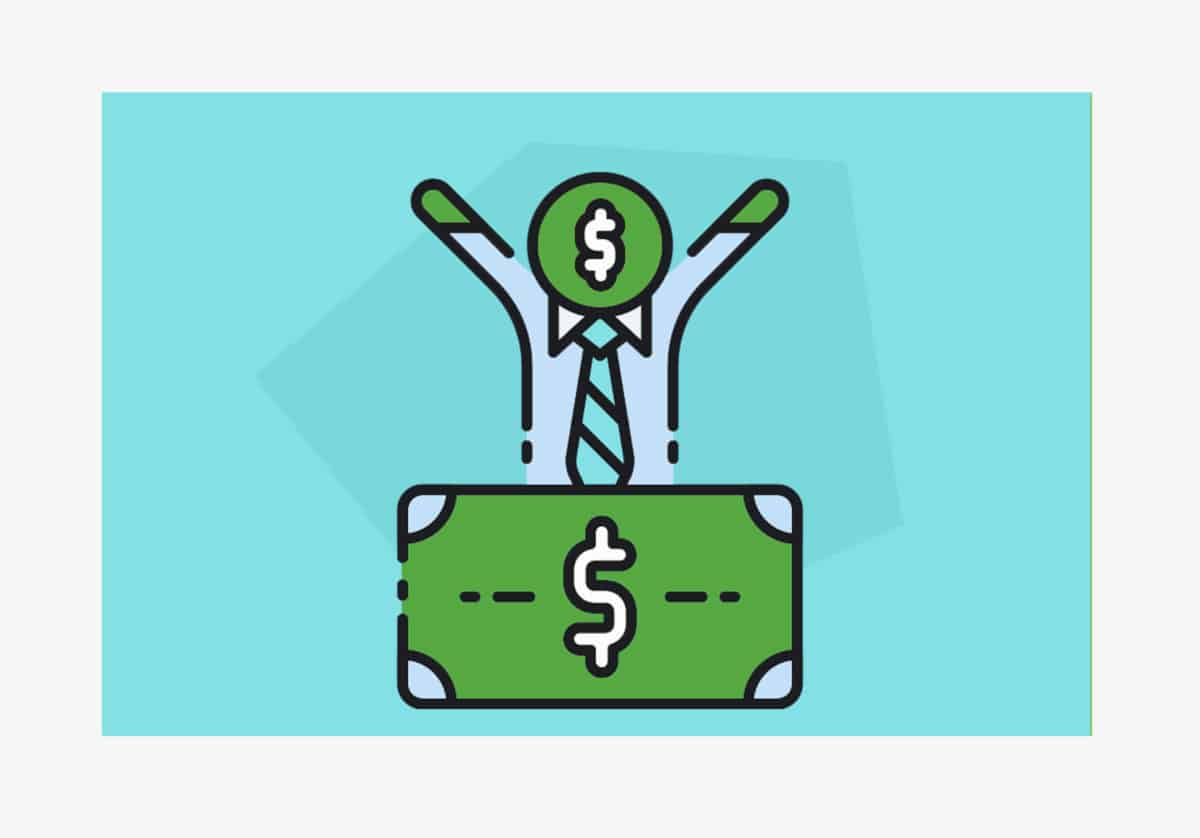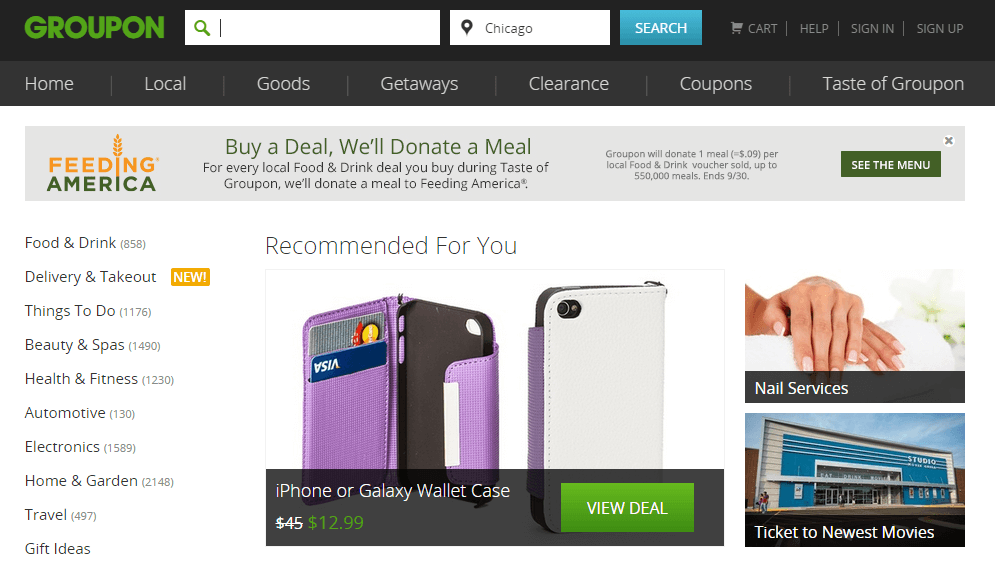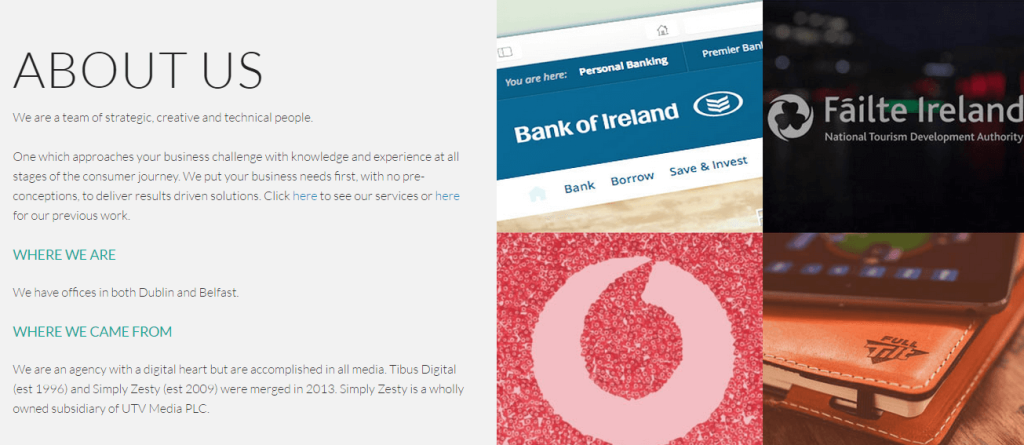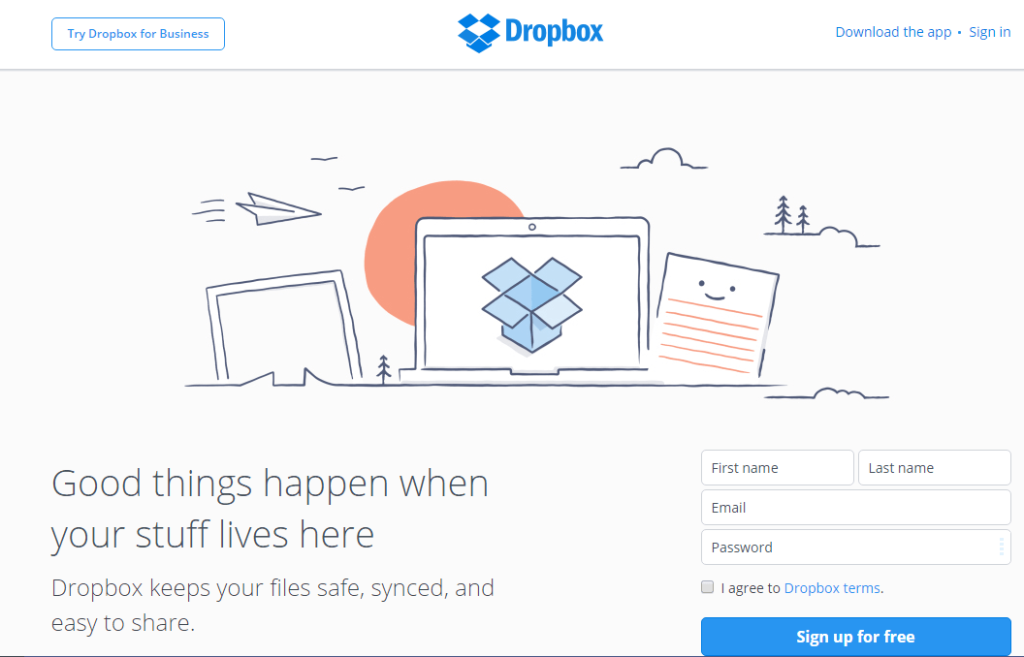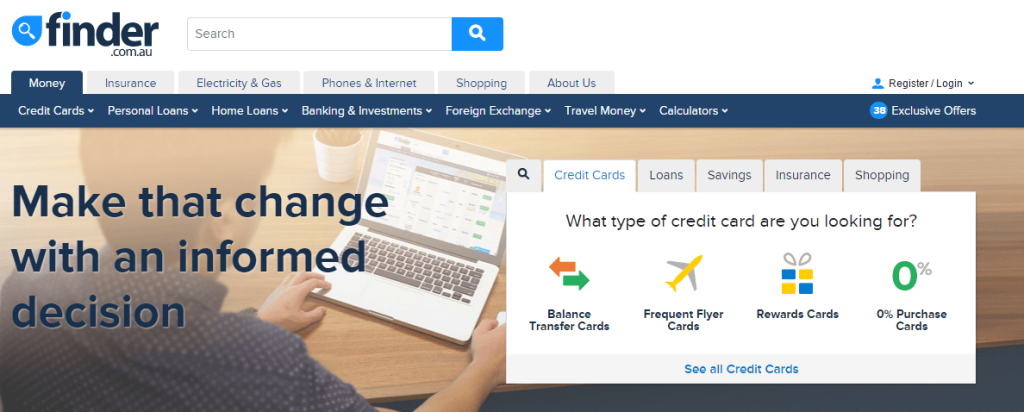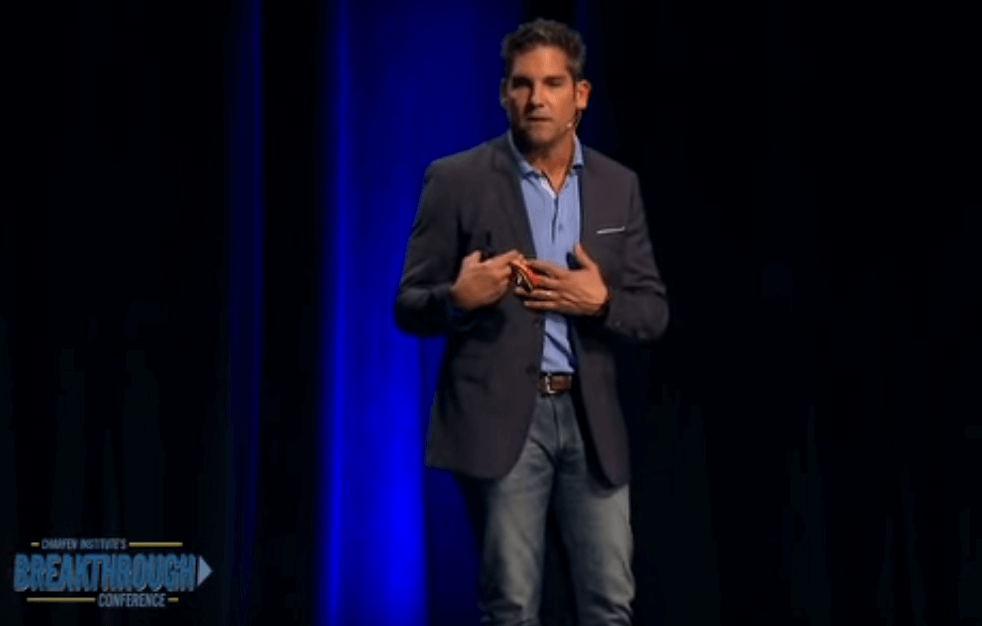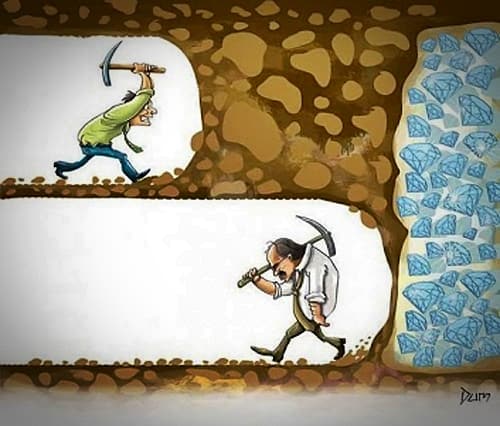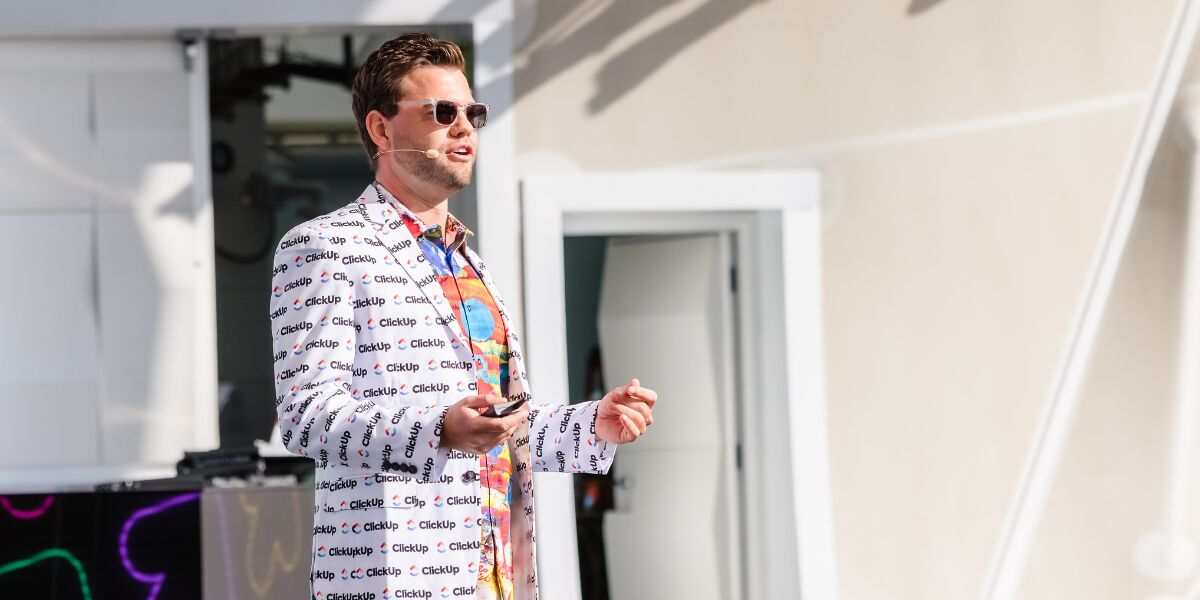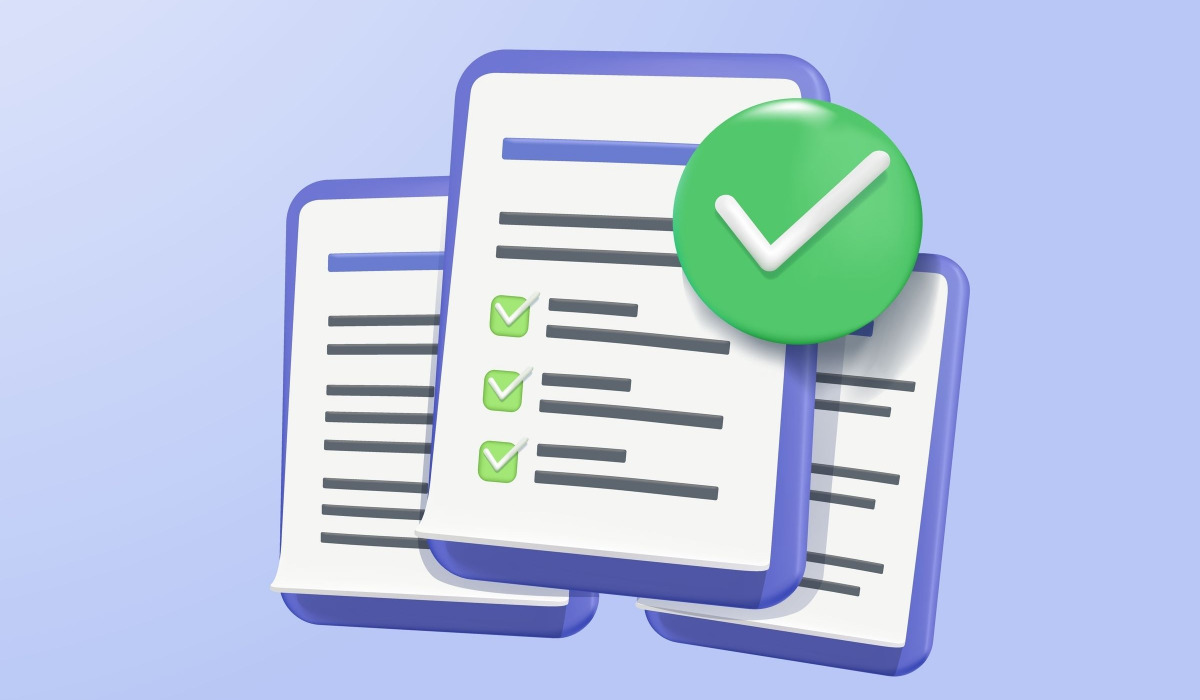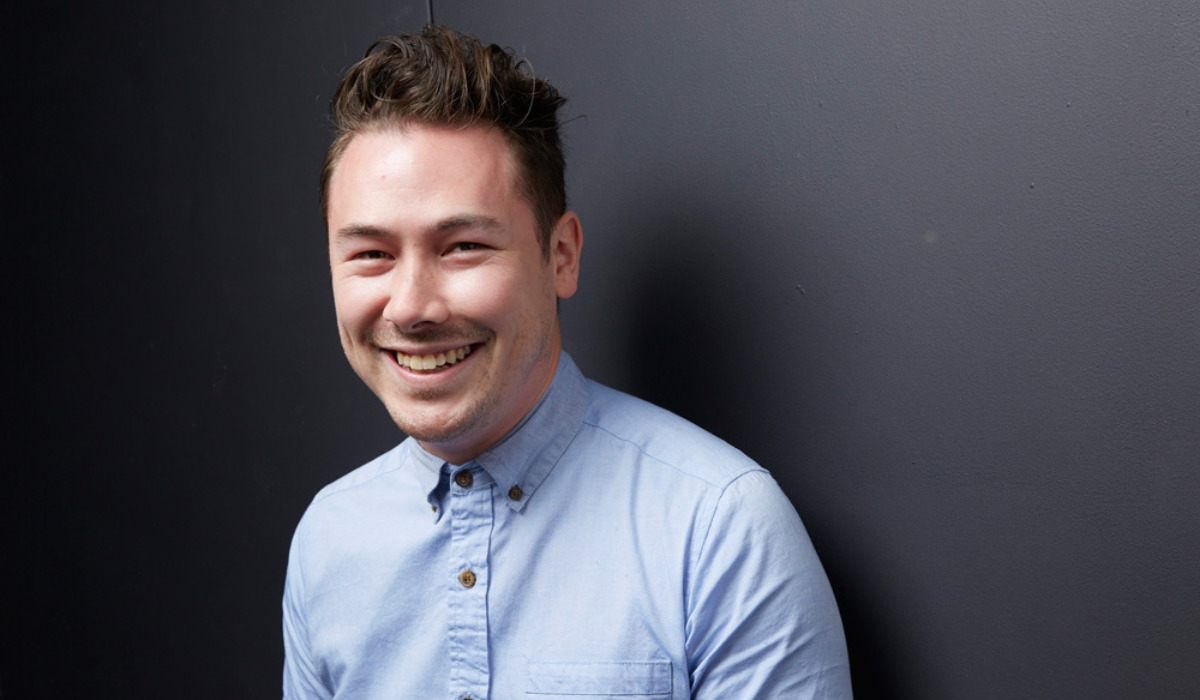Millionaire. Everybody wants to be a millionaire.
Being worth seven figures is sort of like a symbol — a symbol that you’ve officially “made it” financially in life.
If you’re a beginning entrepreneur, then chances are that you might be after that elusive symbol yourself. There’s only one problem: you’re not entirely sure how to reach that mark, let alone how to get started.
But never fear: the best way to start this pursuit is to first learn from the experiences of others who’ve already gotten themselves to where you want to be.
Get the How to be Worth 7 Figures Before 30: 7 Young Millionaires Tell Us Their Top Tips Checklist!
In this post, I’ve tracked down tips from seven highly successful entrepreneurs — all of whom were worth seven figures before hitting 30 years of age. There are a couple awesome inspirational stories in here as well, so make sure you’re paying attention!
How to Become a Millionaire By Age 30
Tip #1: It’s All About Information
Michael Preysman is the founder of Everlane, an online clothing store with an emphasis on anti-brand products and affordability. Everlane’s 2013 revenue clocked in at $12 million, and in an interview with Entrepreneur Michael estimated that their 2014 figures would hit $30+ million.
Michael says that the modern consumer wants only one thing: information. He’s built the Everlane brand around the belief that educating their potential customers should be a high-priority goal.
If your business is a digital store that sells physical products, then here’s another tip for you: manage your inventory really, really strictly. One of the ways Michael’s been able to undercut competitors — and still turn a significant profit — is by ensuring that Everlane’s inventories are run extremely tightly. There’s no room for wastage, unnecessary overheads, of extraneous expenditures.
Tip #2: Start with the Customer and Work Backwards
Andrew Mason is the guy responsible for a little marketplace you might have heard of: it’s called Groupon. At last check, Groupon’s got over 48 million customers actively using the site to take advantage of the 400K+ deals offered in markets across the world.
When he built up the company, Andrew’s highest priority was always the customer. He attributed all of the success he experienced to situations wherein he would “start with the customer and work backwards”.
Naturally, this makes sense. After all, your customers are the whole reason why you’re in business in the first place. When you focusing on making their experience as a customer as pleasant and seamless as possible, you’ll find more and more people coming to you instead of to your competition.
Andrew has also talked about the process of vetting a business idea. When he kicked things off with Groupon, he deliberately kept things on a very small scale — Andrew wanted to be 100% sure that the business was viable before going full steam ahead.
Unfortunately, Andrew’s career went downhill after the initial growth wave Groupon experienced. He was ousted from his position as CEO after Groupon’s took a major hit financially in the years following their IPO. But regardless, the advice he offered in his Business Insider interview is definitely still relevant to young entrepreneurs today.
Tip #3: Get Personal
For me, this is actually the one of the more interesting tidbits I came across while researching this post. It comes from Niall Harbison, the guy who founded Simply Zesty (an inbound marketing company) in 2009 and sold it for £1.8 million just 1,000 days after its inception.
During the initial growth phase, Niall experienced some setbacks. For one, he spontaneously lost three of his biggest clients — all in just three days!
To ensure that such a mishap wouldn’t repeat itself, Niall came up with a creative idea: he crafted 30 personal letters to send to his existing clients.
The result? Niall didn’t lose another client for another whole year.
This again reinforces the truth that your customers are the lifeblood of your business. Especially when you’re running a service business, developing personal relationships with each of your clients can go a long way towards retaining customers in the long run.
Get the How to be Worth 7 Figures Before 30: 7 Young Millionaires Tell Us Their Top Tips Checklist!
Think about it this way: how many other inbound marketing companies do you think would take the time to write a personal letter to each and every one of their clients? Answer: not many.
Consequently, when you go the extra mile your client will remember you because of it, and thus your company will stand out from the crowd.
Now, don’t get me wrong. I’m not saying that you should go out right now, buy some pretty stationary and start handwriting a sentimental letter to each of your clients in elegant cursive. That could work for you, but anyways that’s not the point.
Instead, the basic idea is this: make a conscious effort to build an actual relationship with your customers every time you interact with them. Cursive letters may or may not be your thing, but at least make sure that you’re doing something!
Tip #4: Be Obsessed
This next tip comes from Drew Houston, the co-founder of a software business that I’m pretty sure many of us use on a regular basis: Dropbox. Drew believes that being obsessed about your business is the first step to long-term success.
He compares an entrepreneur’s obsession with his/her business to that of a dog’s obsession with a tennis ball.
If you have a dog, then you’ve no doubt experienced this before in person.
Say you’re playing fetch with your dog. You throw a tennis ball/stick/something for it to catch.
What happens?
That dog’s life changes. Fetching the ball/stick/something becomes the dog’s only focus. It becomes the dog’s only mission in life, and the dog will not allow itself to be refused its objective — even when there’s a flowing river in the way.
Dropbox wasn’t Drew’s first foray into the Internet business world. He started off an SAT prep company once as well — but over time he became demotivated and eventually stopped working to grow the business. Drew cites the following reason for his failure: SAT prep “wasn’t a problem he cared to spend a lifetime solving”.
But with Dropbox, everything was different: both he and his co-founder Arash Ferdowsi were passionate about the product and obsessed with the problem it solved. Years later, Drew is now a billionaire.
Tip #5: Do it Now
Fred Schebesta is most famous for his work at Finder.com.au, a comparison shopping website he co-founded. But Schebest was a millionaire before Finder even took off — he started building Freestyle Media while in university and sold it off for a cool $1.3 million at age 26.
In an article for Smart Company, Fred revealed five business lessons he learned from his mother. One of them was to “do it now”.
There’s no room for procrastination in business. Putting something off until tomorrow is not acceptable. When you procrastinate, you get behind the curve. And when you’re behind the curve, it’s easy to get demotivated real fast.
Fred also argues that doing something now instead of later gives you a mental boost (and he’s absolutely right). Once you finish a task, you’re able to strike it off your mental to do list. That makes you feel more productive because of the satisfaction you get from “turning your idea into reality”.
Tip #6: Think Bigger
Grant Cardone went from broke in college at 21, to an internationally recognized millionaire entrepreneur by 30. He’s helped build up several businesses and consulted for sales training in multiple Fortune 500 companies. What’s more, he’s also authored five books in five years, one of which went on to become an NY Times bestseller.
Grant says that the biggest financial mistake he ever made was “not thinking big enough”. He recommends that instead of shooting for $1 million, you shoot for $10 million. Aim high and put in enough work, and there’s a very real chance that you could be worth 7 figures before 30.
In his article Grant also advises that you “be known for your work ethic, not the trinkets you buy”. Frugality can be crucial — even when Grant reached that coveted millionaire status, his vehicle of choice was still a Camry. Luxury items typically shouldn’t be on the table until your income is both large and secure.
Tip #7: Don’t Give Up
You might think that this last tip is a little obvious (and it is), but there’s a cool story behind it.
Brenton Hayden started his career at 19, working a sales route for Kellogg’s snacks. He became very successful at it in a very short amount of time, but then a screw-up got him dismissed from the job. He got another job at a real estate company, but unfortunately that didn’t pan out either in the long run.
Brenton finally decided to go into business for himself and started the groundwork for a property management company. His initial marketing strategy?
Cold calls.
One the first three calls, Brenton got turned down. But again, the guy refused to give up.
On the very next call, Brenton got a bite. One year later, and the company (now known as Renters Warehouse) had already pulled in $966K. By age 27, Brenton had enough to retire.
It’s a cool story, but it would never have ended so happily if Brenton had given up midway.
The takeaway here is very clear: you never really know exactly when you’ll succeed. Don’t make the mistake of giving up halfway, because you might be a lot closer to your goal than you think.
Read Next: How To Get 10k Followers On Instagram?
Ready to become a millionaire?
Let’s take a quick recap of the seven lessons we discussed in this post:
-
- In today’s modern world, it’s all about information (tweet this). Educate your customers if you want your brand to succeed.
- Start with the customer and work backwards (tweet this) — once again, it’s all about the customer.
- Make a conscious effort to build real, personal relationships with your customers (tweet this). Handwritten letters optional.
- Be obsessed about the problem your company solves (tweet this). It’s always easier to stay motivated when you’re passionate about your business.
Get the How to be Worth 7 Figures Before 30: 7 Young Millionaires Tell Us Their Top Tips Checklist!
- Procrastination will kill your motivation. Never put off till tomorrow what you can do today (tweet this).
- Think bigger. When you aim for the stars, even if you don’t reach your goal you’ll still be sitting pretty in the clouds (tweet this).
- Success is closer than you think. So don’t give up! (tweet this)
What other business-building tips do you have? Feel free to add your input in the comments below!
